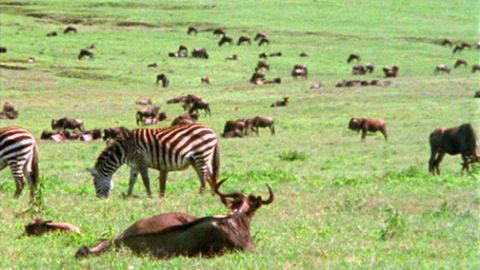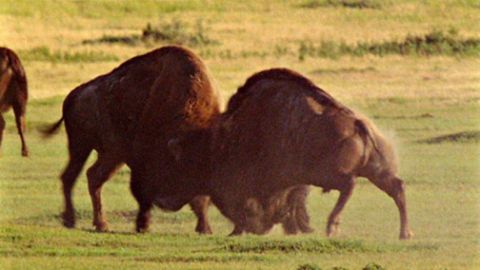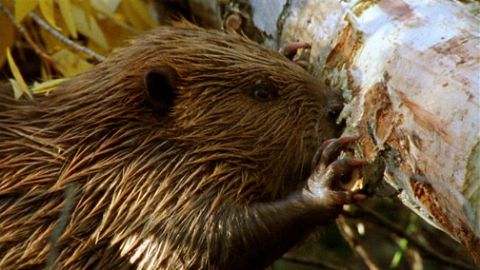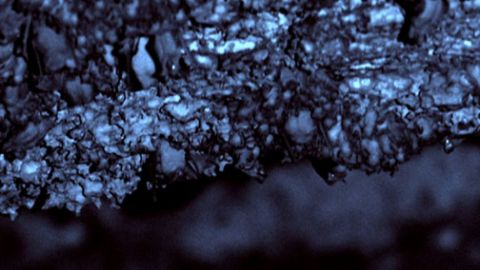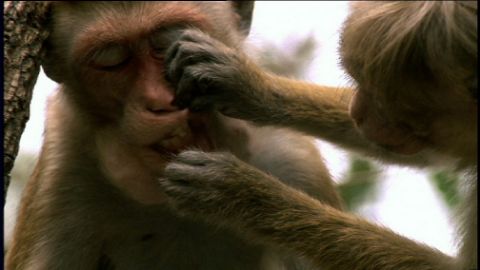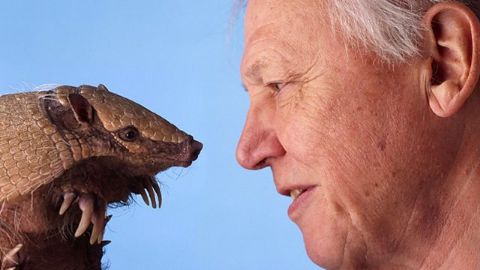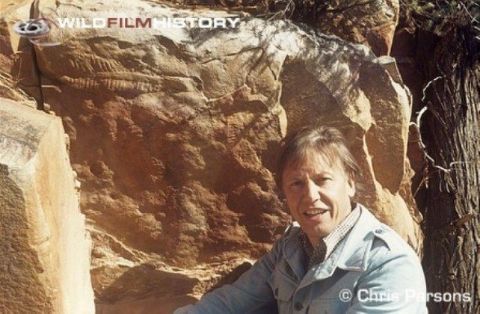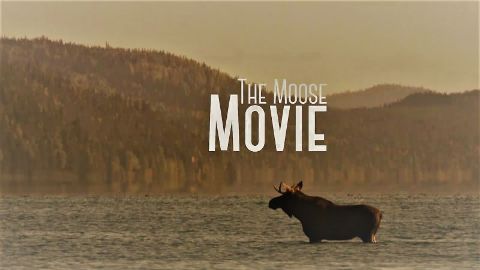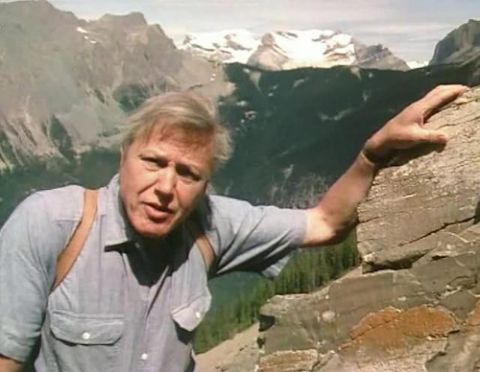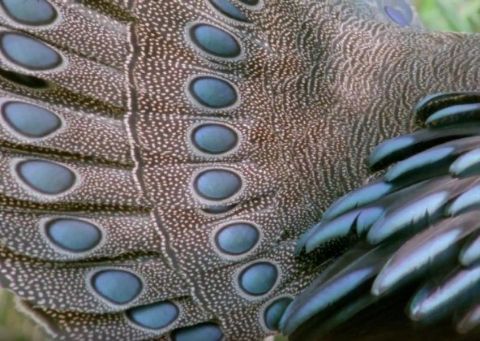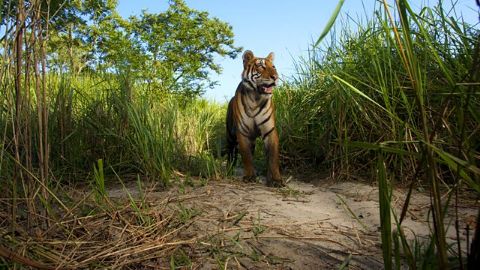Social Climbers • 2008 • episode "S1E9" • The Life of Mammals
In the penultimate episode, David Attenborough looks at monkeys. This group started its life in the tree-tops and this is where we join the capuchin, whose acute vision and lively intelligence helps them find clams in the mangrove swamps of Costa Rica and crack them open on tree-anvils. The swamps are also full of biting insects, but the monkeys rub themselves with a special plant that repels them.
Make a donation
Buy a brother a hot coffee? Or a cold beer?
Hope you're finding these documentaries fascinating and eye-opening. It's just me, working hard behind the scenes to bring you this enriching content.
Running and maintaining a website like this takes time and resources. That's why I'm reaching out to you. If you appreciate what I do and would like to support my efforts, would you consider "buying me a coffee"?
Donation addresses
BTC: bc1q8ldskxh4x9qnddhcrgcun8rtvddeldm2a07r2v
ETH: 0x5CCAAA1afc5c5D814129d99277dDb5A979672116
With your donation through , you can show your appreciation and help me keep this project going. Every contribution, no matter how small, makes a significant impact. It goes directly towards covering server costs.
